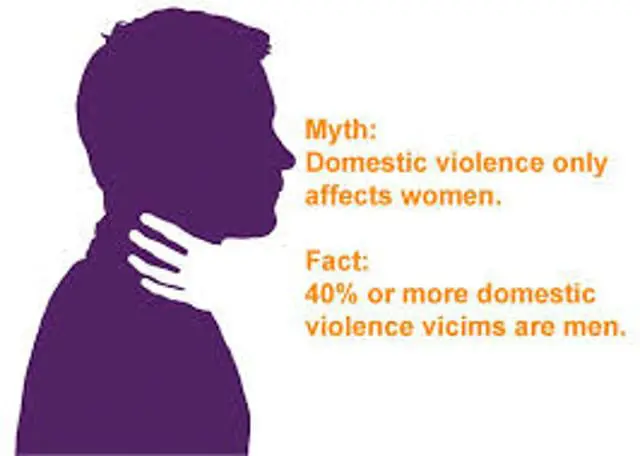Assault
Assault Laws Decoded: Understanding Your Rights and Legal Recourse
In the realm of criminal law, assault represents a significant offense that encompasses a range of actions, from threats of violence to attempts to inflict bodily harm. This legal overview aims to shed light on the complexities of assault charges, delineate between different types of assault, and provide insights into the legal penalties and defense strategies associated with these charges. Understanding the nuances of assault laws is crucial for individuals navigating the legal system, whether as defendants, victims, or legal professionals.
Assault is defined as an intentional act that causes another person to fear imminent bodily harm. In legal terms, the crime of assault does not necessarily involve physical contact; the mere threat of violence, when perceived as genuine and imminent by the victim, can constitute an assault. This distinguishes assault from battery, a related crime that involves actual physical contact and harm to the victim.
Legal jurisdictions categorize assault into various degrees, with each degree reflecting the severity of the threat or attempt to cause harm. Simple assault, often considered a misdemeanor, involves minor threats or attempts without the use or threat of deadly weapons. In contrast, aggravated assault, a more serious felony charge, involves circumstances that increase the offense’s severity, such as the use of a weapon, the intent to commit a serious crime, or the assault of a vulnerable individual.
The legal penalties for assault convictions can vary widely depending on the assault’s degree, the jurisdiction’s laws, and the specific circumstances of the case. Penalties may range from fines and probation for minor assault charges to significant prison sentences for aggravated assault. The determination of penalties often considers factors such as the defendant’s criminal history, the impact on the victim, and any mitigating or aggravating circumstances.
Defending against assault charges requires a comprehensive legal strategy tailored to the specifics of the case. Common defense tactics include arguing self-defense, where the defendant claims the act was necessary to protect themselves or others from harm; disputing the intent to threaten or harm, essential to an assault charge; or challenging the credibility of the evidence or witnesses presented by the prosecution.
Victims of assault also have legal recourse through both the criminal and civil justice systems. Beyond the criminal prosecution of the assailant, victims may pursue civil lawsuits to seek compensation for damages resulting from the assault, such as medical expenses, lost wages, and pain and suffering. The civil litigation process provides a mechanism for victims to recover financially and emotionally from the impact of the assault.
Public awareness and understanding of assault laws are critical for fostering a safe and just society. Educational initiatives and resources aimed at informing the public about the legal definitions of assault, the rights of victims, and the responsibilities of individuals can help prevent assault and support those affected by this crime.
In conclusion, the legal landscape of assault encompasses a broad spectrum of actions and consequences, reflecting the serious nature of this crime and its impact on victims and communities. As legal systems continue to evolve, the enforcement and interpretation of assault laws remain pivotal in upholding justice and deterring violent behavior. For individuals involved in assault cases, whether as defendants or victims, acquiring a thorough understanding of these laws and seeking qualified legal representation are essential steps in navigating the complexities of the legal process.






















